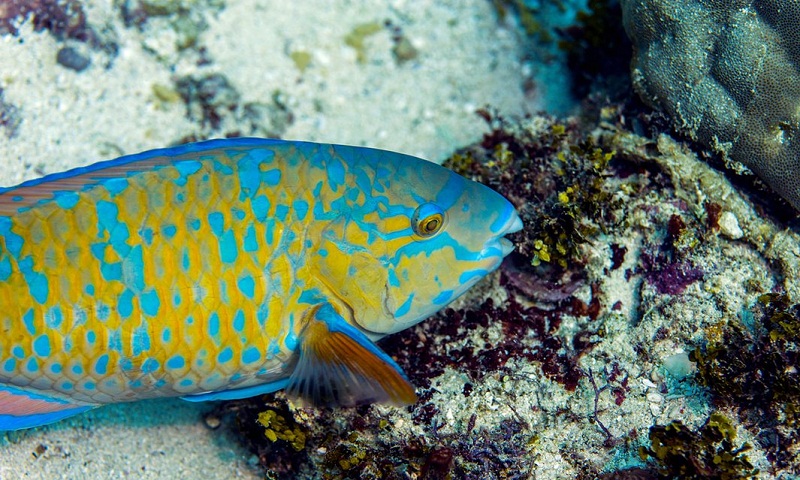Climate change: global reshuffle of wildlife will have huge impacts on humanity

Mass migration of species to cooler climes has profound implications for society, pushing disease-carrying insects, crop pests and crucial pollinators into new areas, says international team of scientists. Global warming is reshuffling the ranges of animals and plants around the world with profound consequences for humanity, according to a major new analysis. Rising temperatures on land and sea are increasingly forcing species to migrate to cooler climes, pushing disease-carrying insects into new areas, moving the pests that attack crops and shifting the pollinators that fertilize many of them, an international team of scientists has said. They warn that some movements will damage important industries, such as forestry and tourism, and that tensions are emerging between nations over shifting natural resources, such as fish stocks. The mass migration of species now underway around the planet can also amplify climate change as, for example, darker vegetation grows to replace sun-reflecting snow fields in the Arctic. “Human survival, for urban and rural communities, depends on other life on Earth,” the experts write in their analysis published in the journal Science. “Climate change is impelling a universal redistribution of life on Earth.” This mass movement of species is the biggest for about 25,000 years, the peak of the last ice age, say the scientists, who represent more than 40 institutions around the world. “The shifts will leave ‘winners’ and ‘losers’ in their wake, radically reshaping the pattern of human wellbeing … and potentially leading to substantial conflict,” the team warn. “Human society has yet to appreciate the implications of unprecedented species redistribution for life on Earth, including for human lives.” Climate change driven by human greenhouse gas emissions is not just increasing temperatures, but also raising sea levels, the acidity of the oceans and making extreme weather such as droughts and floods more frequent. All of these are forcing many species to migrate to survive.“Land-based species are moving polewards by an average of 17km per decade, and marine species by 72km per decade” said Prof Gretta Pecl at the University of Tasmania in Australia, who led the new analysis.
Read More:

